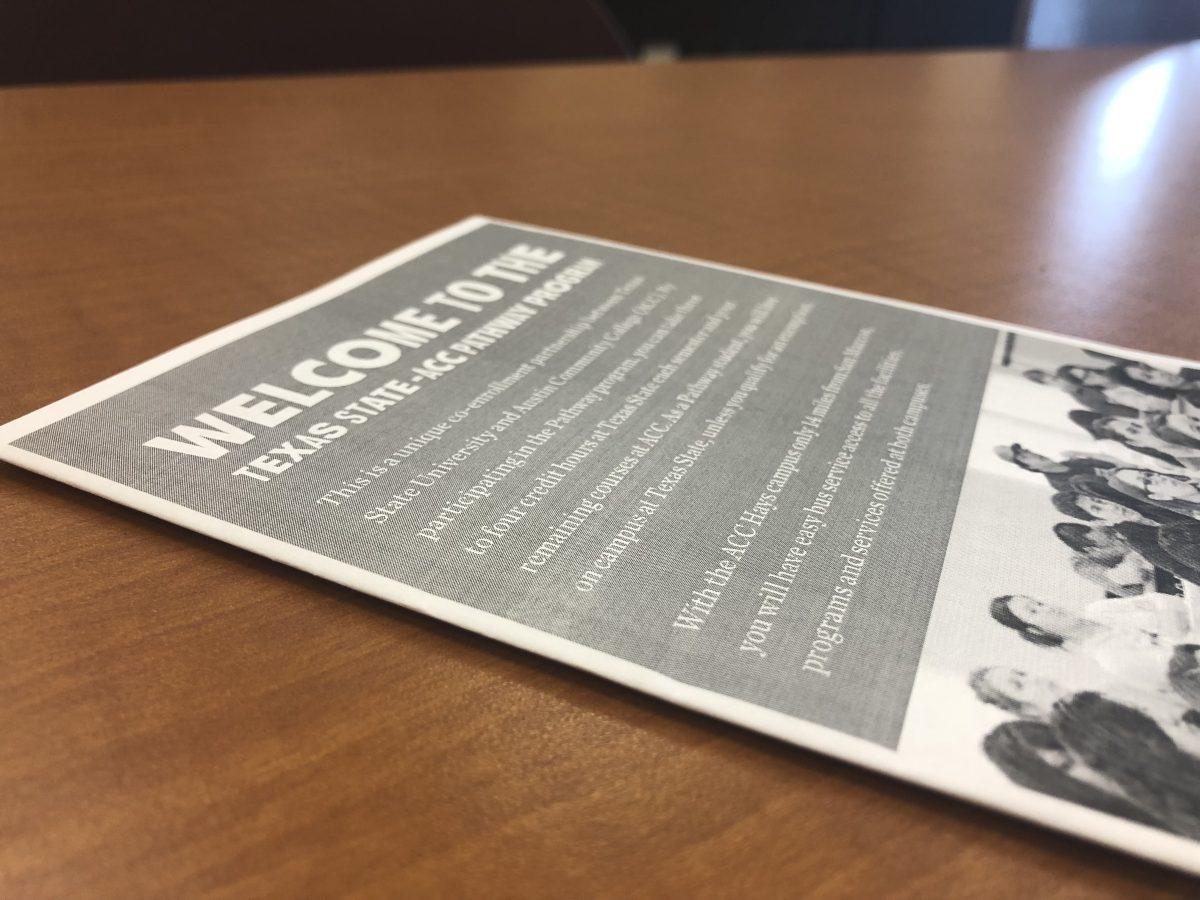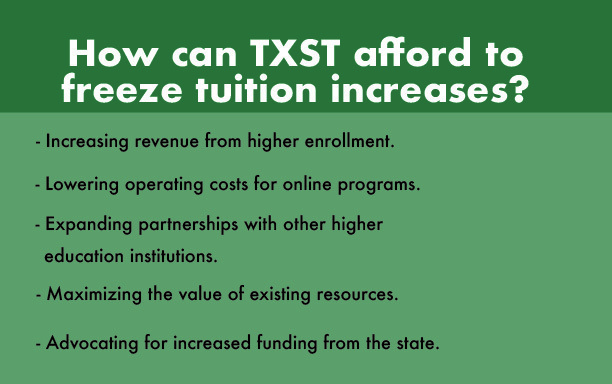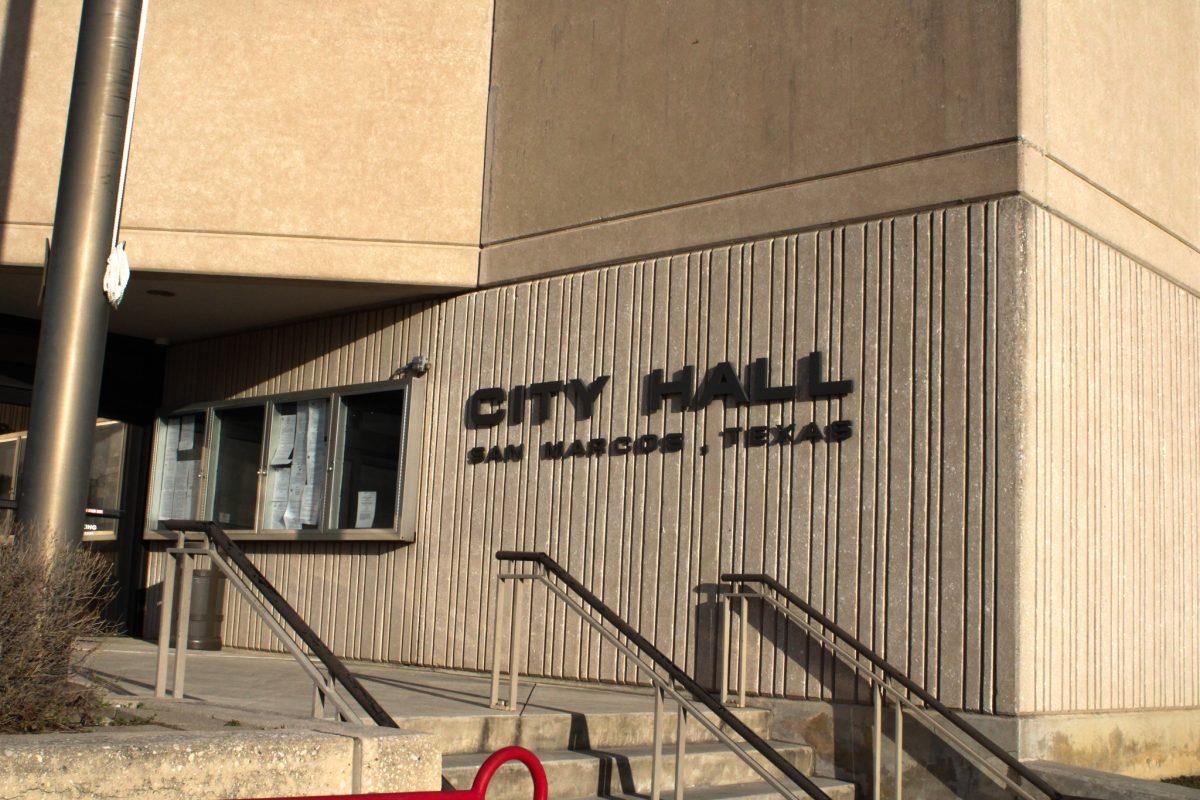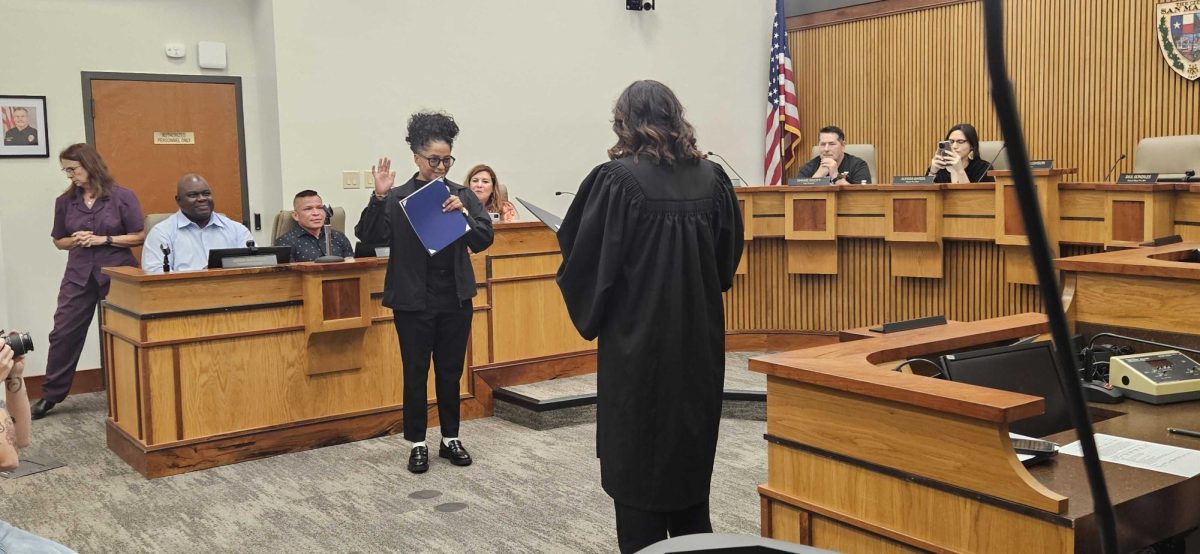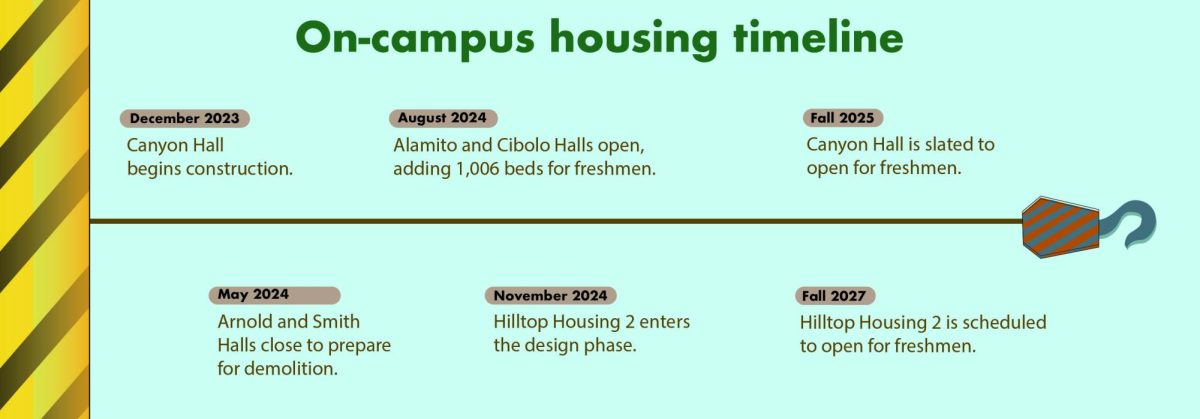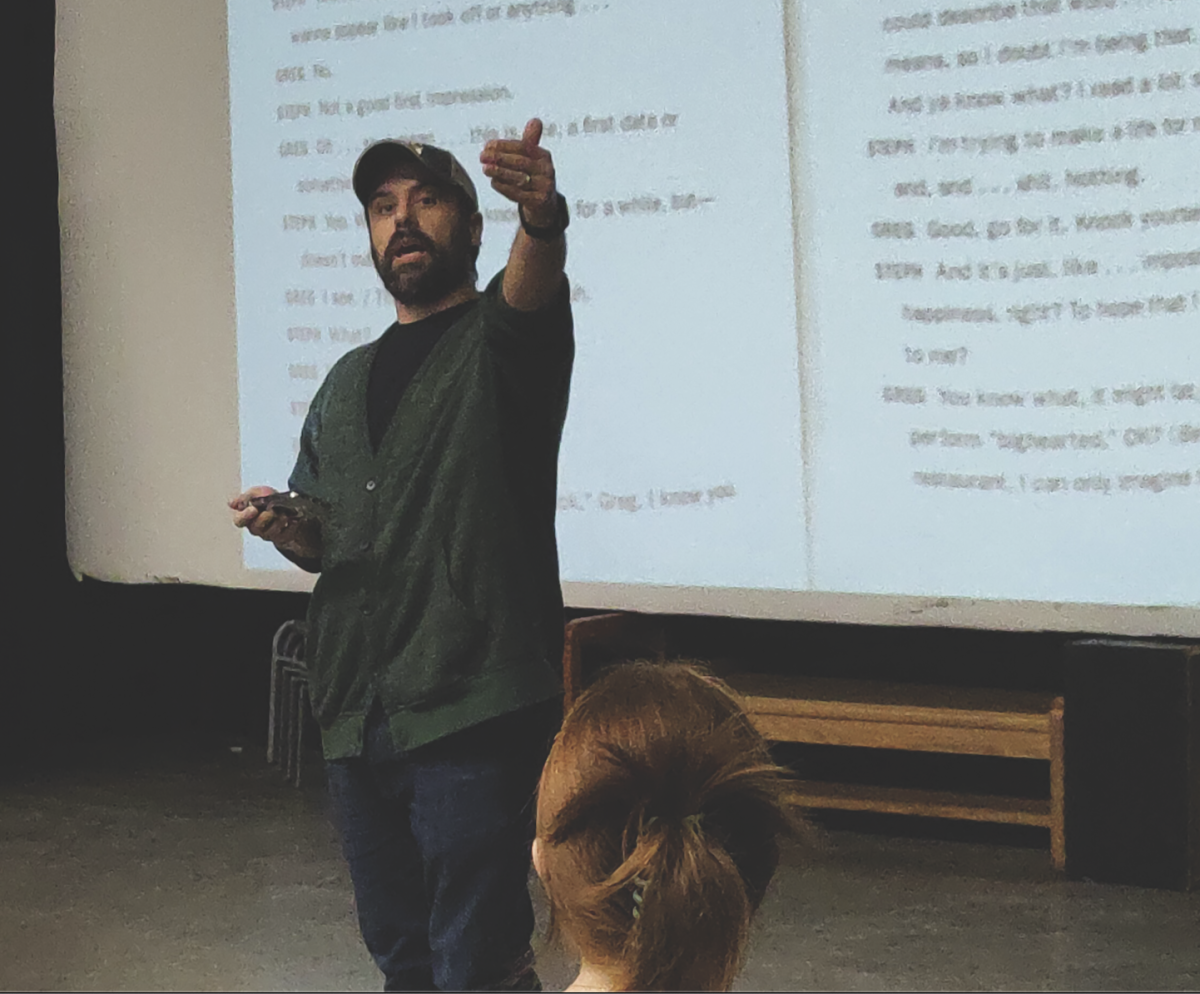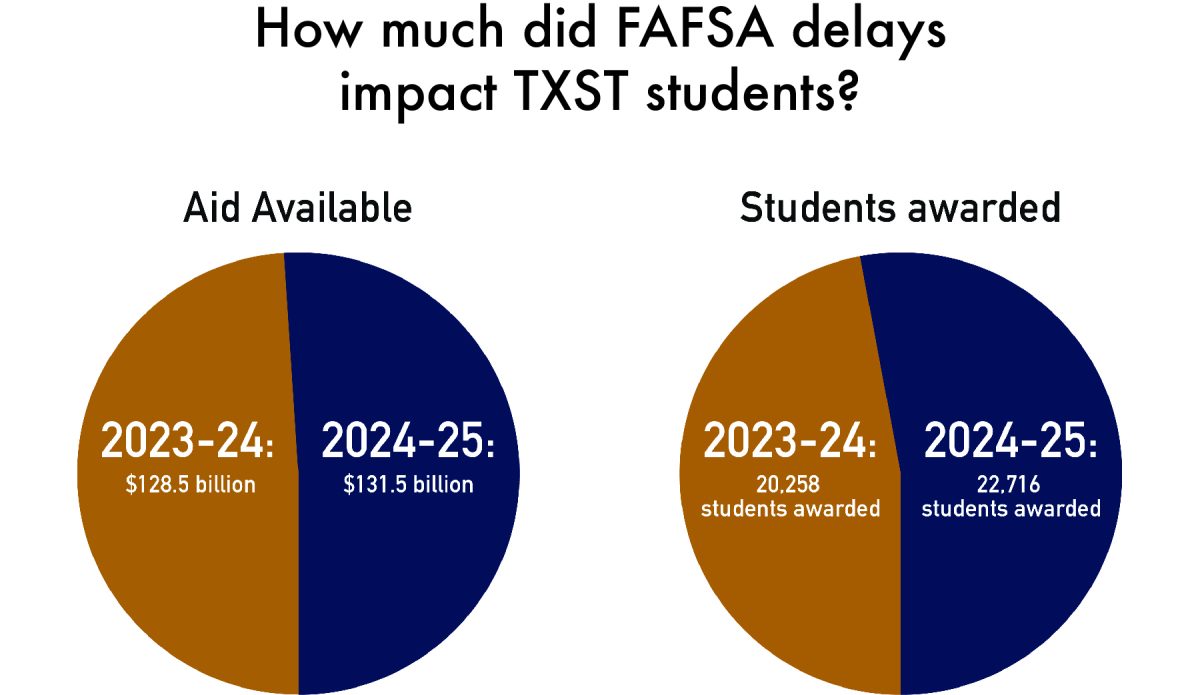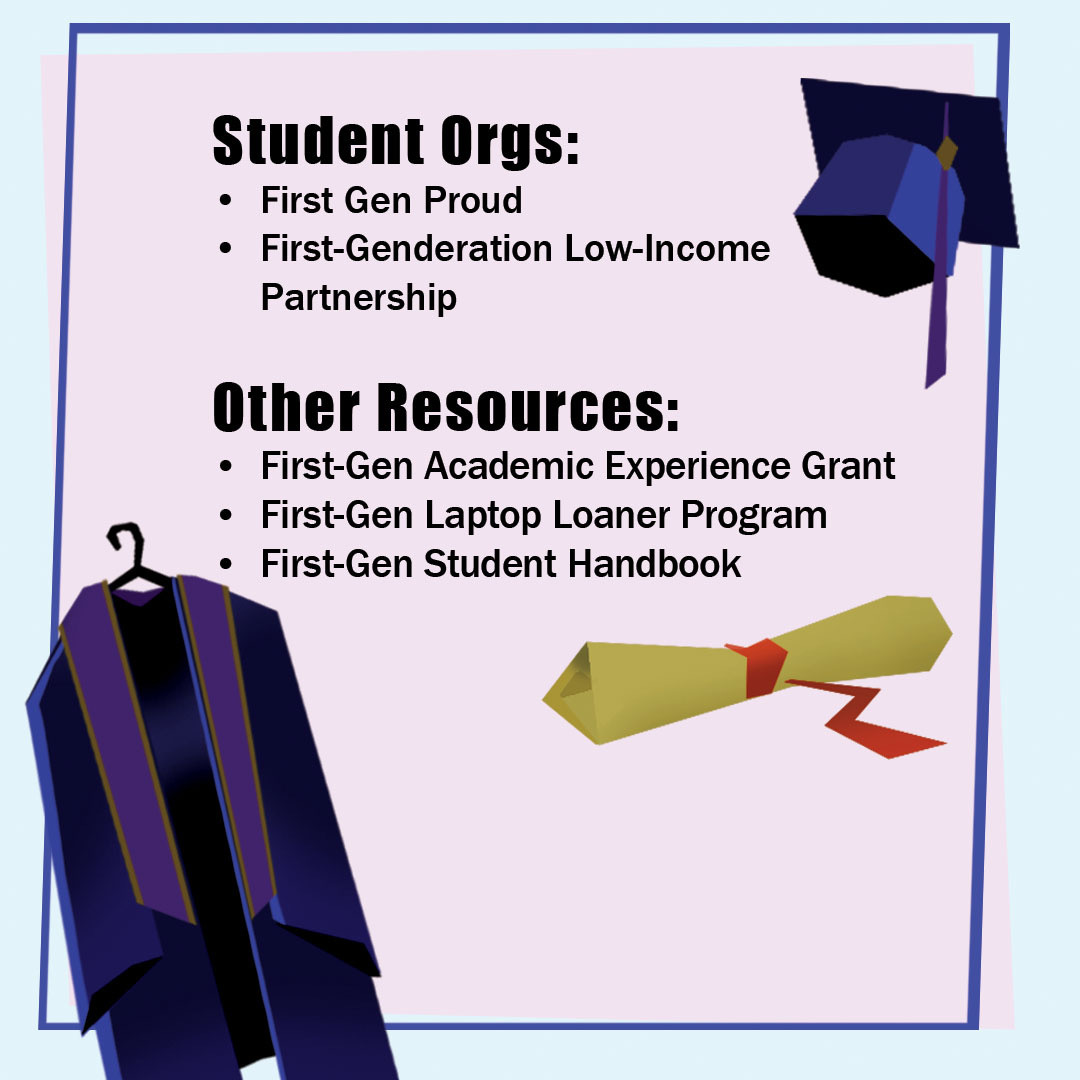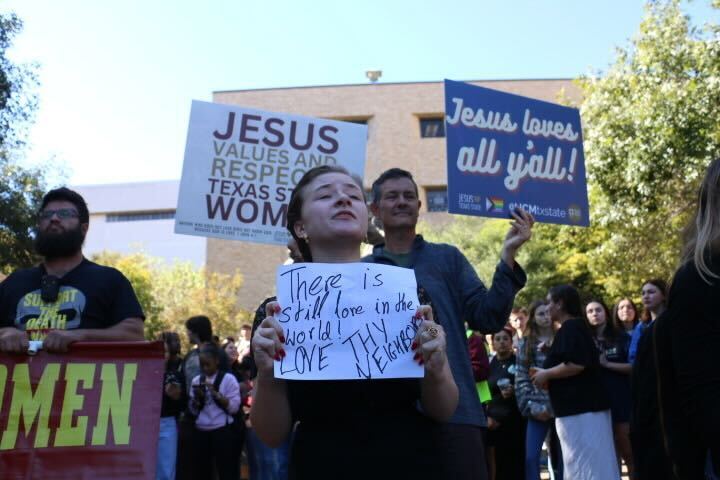By Hannah Wisterman
Because of a little-known program at Texas State, a small group of students said they faced pressure and numerous difficulties that traditional freshmen would not.
The Pathway Program is an invite-only opportunity for students to gain deferred admission to Texas State by co-enrolling at Austin Community College. To gain full admission to Texas State, students in the program must complete 26 credit hours over their fall and spring semesters with a 2.25 cumulative GPA.
The opportunity is offered to on-the-cusp students who come close to automatic admission but fail to meet a crucial requirement. Ashleigh Casstevens, a former pathways student, is now a fully admitted public relations sophomore at Texas State.
“My SAT score was one point below automatic acceptance,” Casstevens said. “I touched the line, but I didn’t cross it.”
With college on the line, Pathway students often don’t have the same “traditional” freshman experience as their classmates. Because of the strict hour requirements on Pathway students, many feel like they have no room for drops or errors. Matthew Canon, former Pathway student and theater sophomore, would become frustrated with traditional freshmen skipping or not preparing for class on the expectation that they could retake the course.
“Students who were fully admitted were taking it for granted,” Canon said. “We wanted that life, but we had to fight harder.”
Pathway students live in a Texas State residence hall of their choosing and take up to four hours of course credit on campus. Remaining hours must be completed at ACC-Hays. As a result, most of Pathway students’ time is spent off campus in Kyle or commuting there on a Texas State shuttle that runs every thirty minutes. For Canon, this was one of the biggest pitfalls of the program.
“I wish that the university would have a different area designated just for Pathway, even just a floor of a building, where we wouldn’t have to commute to Kyle, where they brought professors from ACC to come to Texas State and teach,” Canon said.
But crossing the line into full university acceptance goes beyond meeting credit hour and GPA requirements. As a young program, now on its fourth round of students, Pathway possesses major flaws that manifest into serious challenges for its students.
One major issue for Marie Drosche, a former Pathway student, was a lack of consistent communication.
“Advisors didn’t explain enough to us because they didn’t know enough about the program because we’re guinea pigs,” Drosche said. “For three months, I didn’t actually know what GPA I was supposed to be meeting because it felt like different advisors were saying different things.”
The communication problems extended across both Texas State and ACC, which became particularly problematic as the burden of coordinating classes at both campuses fell on students.
“We were left in the dark a lot,” Casstevens said. “There would be times we couldn’t meet a deadline at one school because the other school hadn’t released their information yet.”
However, not all of Pathway’s problems are rooted in its logistics. For Canon, Casstevens and Drosche, classification as a Pathway student contributed to an emotional burden.
“I would try to explain to my friends that the school doesn’t think I’m ready for full admission, and then they would ask me, ‘Well, what did you make on your SATs?’” Drosche said. “It made me feel really dumb. It felt like all my friends looked down on me.”
Students said they felt ostracized not only from students, but from advisors and teachers, many of whom were not familiar with Pathway. Therefore, they could not work with its students the way they could with traditional students.
“It wasn’t just other students not treating us like we were equal, it was faculty not treating us how we should have been treated,” Drosche said.
Despite the numerous burdens Pathway students face, Casstevens remains grateful for the program.
“I’m happy this exists because I wouldn’t have gotten in,” Casstevens said. “It was an easier transition academically.”
The Pathway Program enriched Canon’s college experience even with the difficulties.
“It’s just like a stepping stone for incoming freshmen to help better guide them to their future years at Texas State,” Canon said.
Hannah Wisterman, contributing writer, reached out to Pathway Program officials to request an interview and did not receive a response. The story will be updated further if new information is found.
Categories:
Pathway Program students say they face pushback
May 3, 2018
Pathway is an invitation-only program.
Photo by Hannah Wisterman
0
Donate to The University Star
Your donation will support the student journalists of Texas State University. Your contribution will allow us to purchase equipment and cover our annual website hosting costs.
More to Discover


